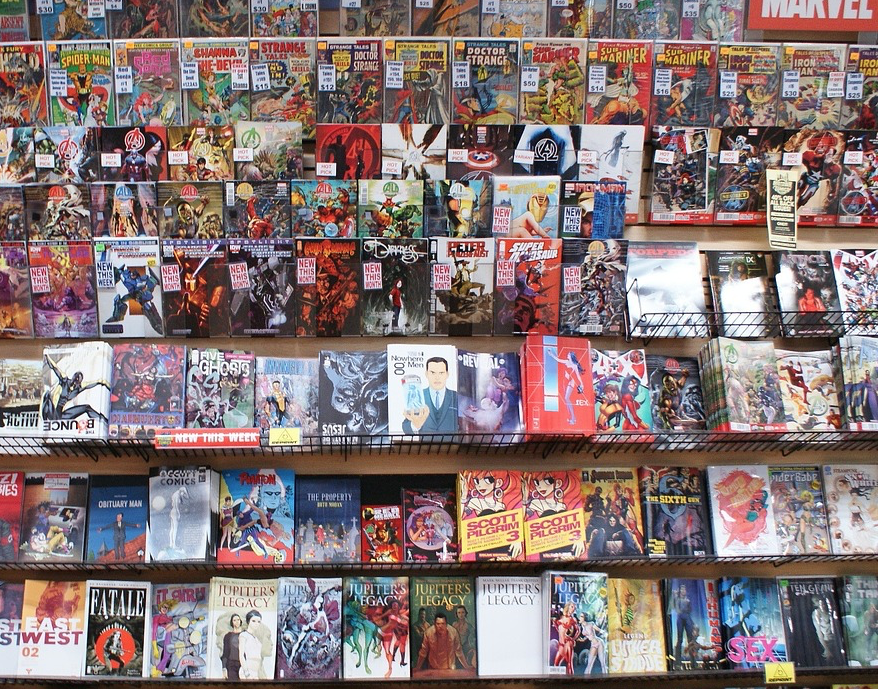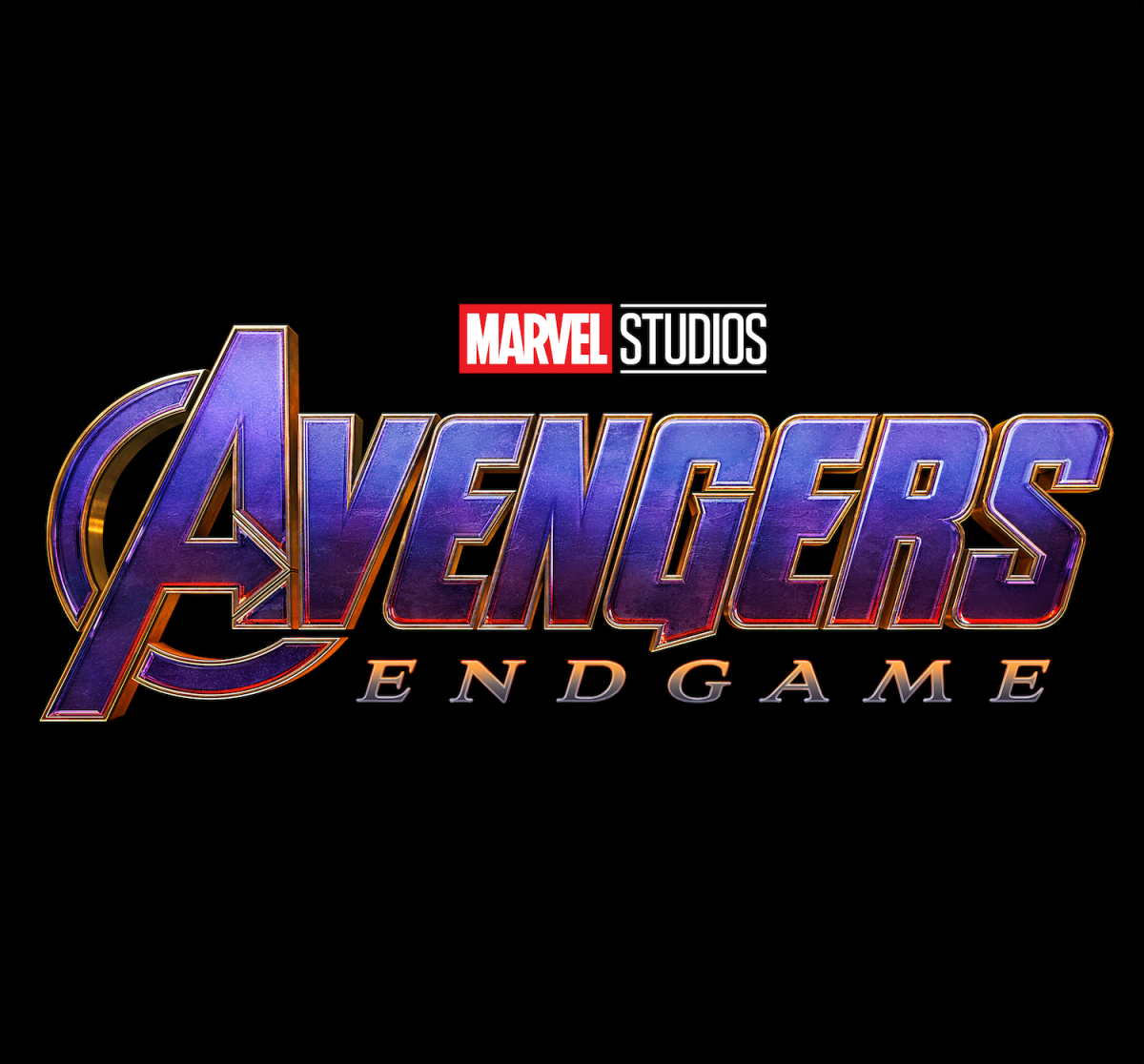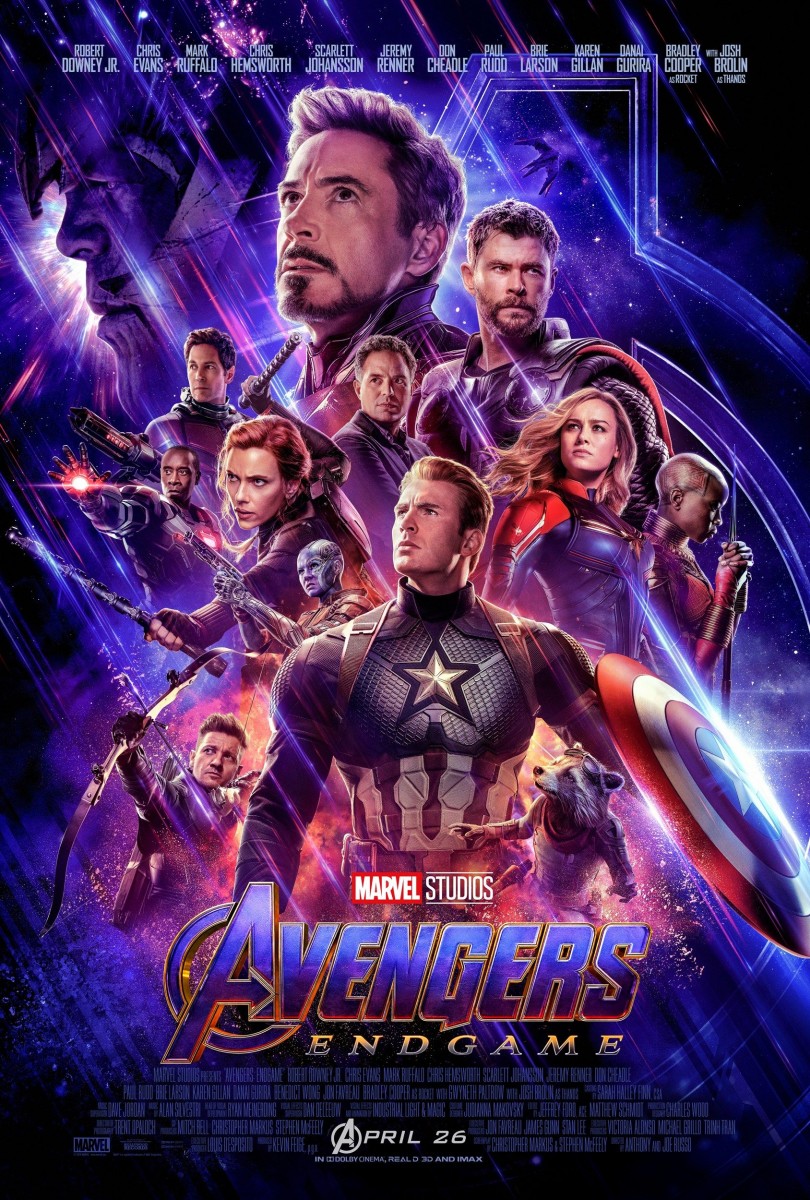
Has Marvel reinvented the film serial?
Dr. David Annandale is a senior instructor in English, Theatre, Film & Media within the Faculty of Arts. A longtime comics and pop culture buff, he offers his thoughts on the much-ballyhooed release of Avengers: Endgame.
The release of Avengers: Endgame is a culmination, of a kind, for the Marvel Cinematic Universe, and therefore also for a phenomenon that both draws upon past cinematic forms while also being something new, whose long-term impact remains to be seen. Sequels and franchises have been with us since the silent era, as has serialized storytelling in film.

Avengers Endgame logo
In the MCU we can see traces of the film serial of old, only now, instead of modestly budgeted 20-minute cliffhanger episodes released one per week, we have 200-million-dollar, 2-hour-plus episodes coming out over the course of 11 years. The other big difference, of course, is that the MCU models the comic book medium by being composed of several interlocking series, and that really is new.
What I have been wondering, as the MCU grows in complexity, is whether there will come a point where audiences tune out because the films, which already verge on being feature-length trailers for the next instalment, will demand too much prior knowledge. Clearly, that has not happened yet, and if Endgame really does mark a point where audiences are given something of a new start with subsequent films, then Marvel may have found a solution to that looming problem.

Avengers Endgame poster
As to whether the film will satisfy audiences, we will have to see. The sheer number of characters involved in the Avengers films (and related movies like Winter Soldier) makes it a towering challenge to create a film that is coherent, let alone one that delivers all things to all viewers, a challenge that the Big Event films do not always meet.
Nevertheless, the success of the MCU rests on more than savvy marketing and connected films. With the exception of the “Conjuring Universe,” all other attempts to create a cinematic universe have foundered. The MCU films have, overall, a consistency of look and tone, and blend of quip and pathos. If, with the partial exceptions of Thor: Ragnarok and Black Panther, this has tended to smooth over the differences between directorial styles (the MCU is not an auteurist venture), it has also meant that audiences can rely on getting a lot of what they have come to expect and enjoy in a superhero film.
And so we come to Endgame, which, following the model of so many comic books in the past, presents itself as that paradoxical thing: a spectacular conclusion embedded in a narrative that can never end. However satisfying or disappointing the film turns out to be, we can be sure the discussions around it are only just beginning, and there can be no denying that it represents the climax of a translation from comics to film on a scale that few of us could have imagined possible when Iron Man was first released.







Why does everyone always forget the Star Trek movie universe? 10 cinematic movies using characters from 3 tv series over 23 years (I can’t include Voyager as their characters/storylines don’t impact on the movies.) Then they chose to reboot. But Star Trek was the first integrated series in the movies and it succeeded. Not to the amount that MCU has, but I wouldn’t call it an attempt that foundered.